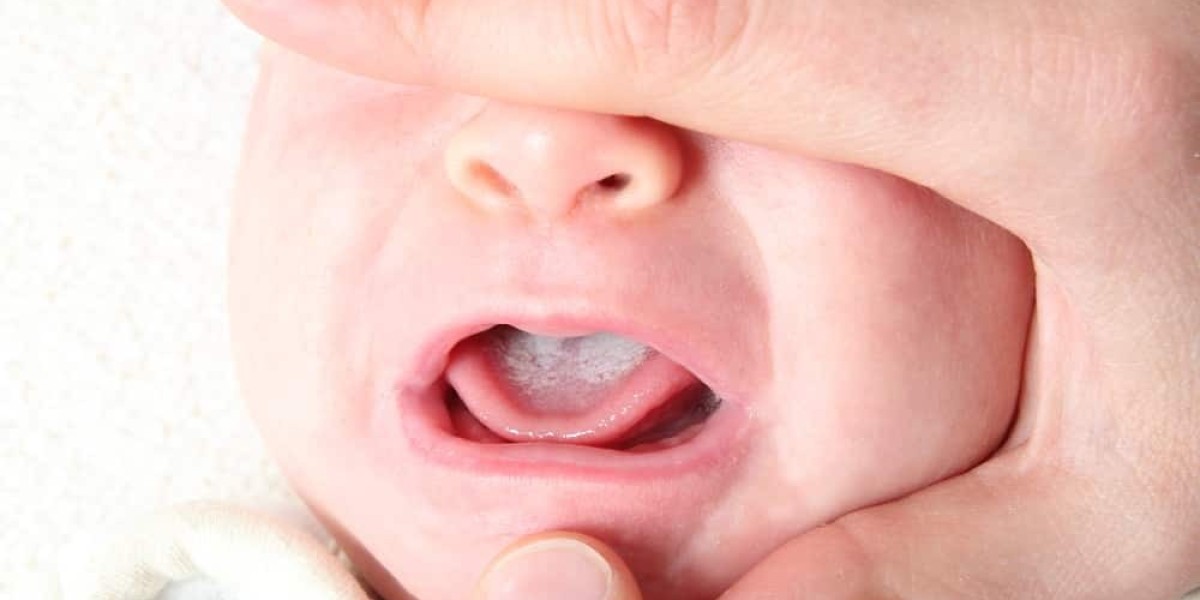Understanding Oropharyngeal Candidiasis: An Overview
Oropharyngeal candidiasis, commonly known as thrush, is a fungal infection caused by Candida species, most frequently Candida albicans. This condition primarily affects the mucous membranes of the mouth and throat, leading to symptoms such as white patches, soreness, and difficulty swallowing. Oropharyngeal candidiasis can occur in individuals of all ages, but it is particularly prevalent among immunocompromised individuals, such as those living with HIV/AIDS or undergoing chemotherapy.
Prevalence and Global Impact
The global prevalence of Oropharyngeal Candidiasis is significant, with millions of cases reported annually across diverse demographic groups. The burden of this condition is particularly pronounced in regions with high rates of immunosuppression and compromised immune function. In addition to causing discomfort and pain, untreated oropharyngeal candidiasis can lead to complications such as systemic fungal infections, making it a matter of public health concern.
Risk Factors and Contributing Factors
Several factors predispose individuals to oropharyngeal candidiasis, ranging from underlying medical conditions to lifestyle habits. Immunocompromised individuals, including those with HIV/AIDS, organ transplant recipients, and patients undergoing chemotherapy, are at heightened risk due to their weakened immune systems. Other risk factors include prolonged antibiotic use, corticosteroid therapy, poorly controlled diabetes, and wearing dentures, which can harbor yeast overgrowth.
Diagnostic Approaches and Challenges
Diagnosing oropharyngeal candidiasis typically involves a combination of clinical assessment and laboratory testing. Healthcare providers may perform a physical examination to inspect the oral cavity for characteristic white lesions or erythematous patches. In some cases, swabs or scrapings of the affected area are collected for microscopic examination or culture to confirm the presence of Candida species. However, diagnosing oropharyngeal candidiasis can be challenging due to its nonspecific symptoms and the potential for coexisting conditions.
Treatment Strategies and Emerging Therapies
The management of oropharyngeal candidiasis revolves around antifungal therapy aimed at eradicating the underlying fungal infection. Topical antifungal agents, such as clotrimazole or nystatin oral suspensions, are commonly prescribed for mild to moderate cases of thrush. In more severe or refractory cases, systemic antifungal medications, such as fluconazole or itraconazole, may be warranted. Additionally, maintaining good oral hygiene practices and addressing predisposing factors, such as denture hygiene or immunosuppression, are integral components of comprehensive management.
Emerging Trends and Research Directions
The landscape of oropharyngeal candidiasis is evolving, with ongoing research efforts focused on improving diagnostic accuracy, exploring novel treatment modalities, and unraveling the underlying mechanisms of fungal pathogenesis. Advancements in molecular diagnostics, including polymerase chain reaction (PCR) assays and next-generation sequencing, hold promise for more rapid and precise identification of Candida species and antifungal resistance patterns.
Furthermore, there is growing interest in the development of alternative therapies for oropharyngeal candidiasis, such as probiotics, immunomodulators, and photodynamic therapy. These modalities aim to modulate the host immune response, restore microbial balance, or directly target fungal pathogens, offering potential adjunctive or alternative approaches to conventional antifungal agents.
In conclusion, oropharyngeal candidiasis represents a significant global health issue with implications for diverse patient populations. By understanding the risk factors, diagnostic approaches, and treatment strategies associated with this condition, healthcare providers can effectively manage and mitigate its impact on patient health and quality of life. Moreover, ongoing research and innovation in the field of fungal infections promise to uncover new insights and therapeutic avenues for combating oropharyngeal candidiasis and improving patient outcomes.



